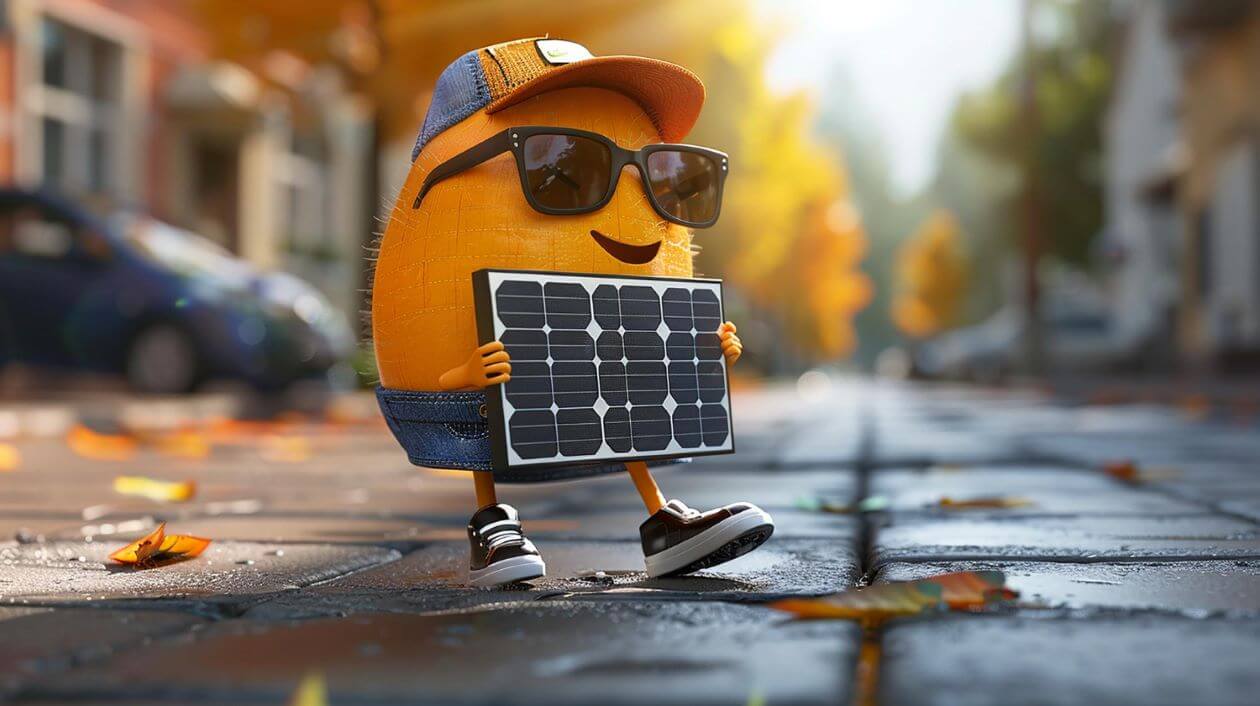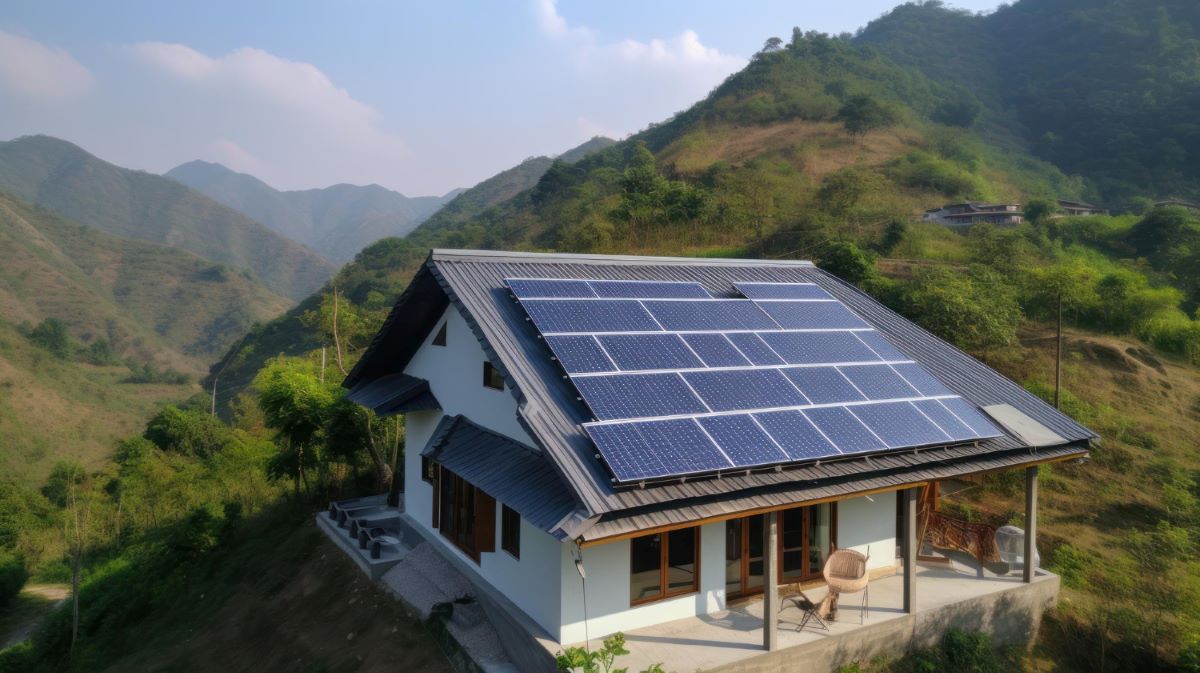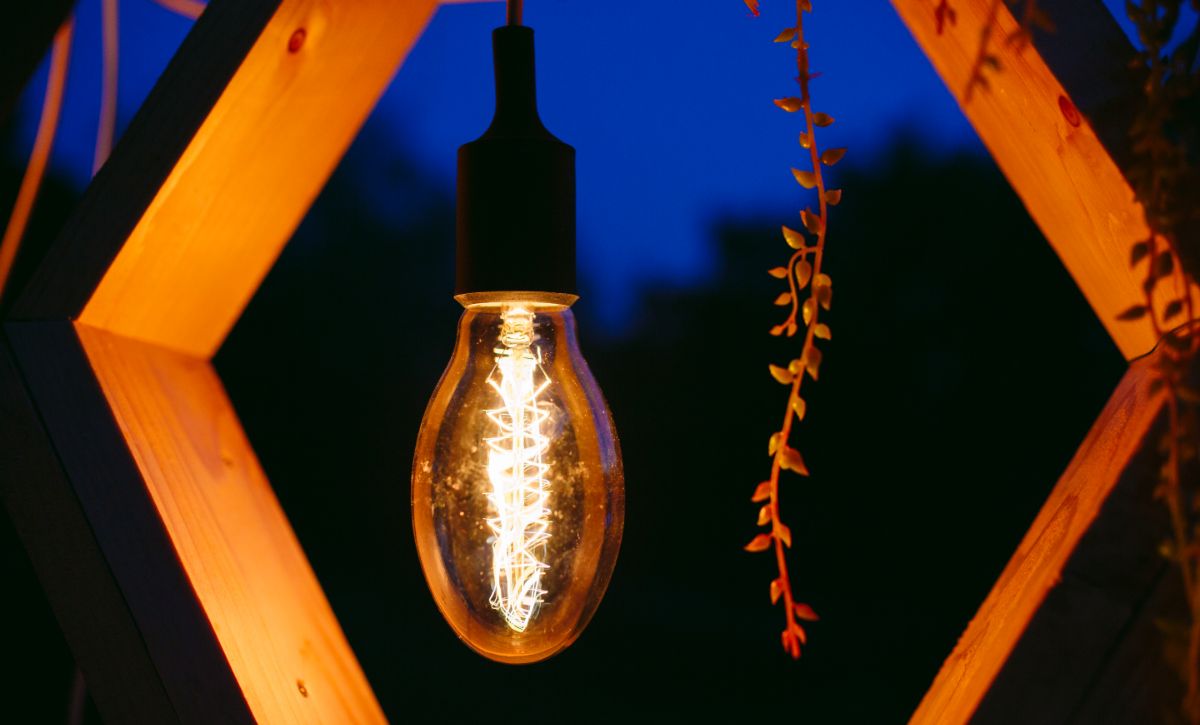Solar light batteries are the heart of your outdoor lighting system. They store the energy harnessed by the sun during the day. Solar Light Battery power your lights when darkness falls.
But like any battery, Solar Light Battery Life performance can degrade over time. This can lead to shorter lighting periods and less reliable illumination.
Fortunately, there are steps you can take to extend the life of your solar light batteries. From understanding the different types of batteries to maximizing sunlight exposure. These tips can help you get the most out of your solar lighting system.
In this guide, we’ll share the top 10 tips for extending solar light battery life. Whether you’re a homeowner, a garden enthusiast, or simply someone interested in sustainable lighting solutions, you’ll find practical advice to improve your solar light battery performance.
So, let’s dive in and explore how you can ensure your solar lights shine bright for years to come.
“
Know more about Solar Light Batteries
Solar light batteries are rechargeable batteries that store the energy generated by solar panels. They play a crucial role in the performance and longevity of your solar lights.
There are several types of solar light batteries available, each with its own strengths and weaknesses. The type of battery you choose can significantly impact the efficiency and lifespan of your solar lights.
In addition to the type of battery, other factors such as battery capacity and voltage also play a significant role. Understanding these factors can help you make informed decisions about your solar light batteries.
Let’s delve deeper into these aspects to better understand how they affect your solar light performance.
Types of Solar Light Batteries
There are three main types of solar light batteries: Nickel-Cadmium (NiCd), Nickel-Metal Hydride (NiMH), and Lithium-ion (Li-ion).
NiCd batteries are the oldest type. They are affordable but have a shorter lifespan and lower capacity compared to other types.
NiMH batteries, on the other hand, offer a longer lifespan and higher capacity than NiCd batteries. They are also more environmentally friendly.
Li-ion batteries are the most advanced. They offer the highest capacity and longest lifespan, but they are also the most expensive.
Choosing the right type of battery for your solar lights depends on your specific needs and budget.
The Role of Battery Capacity in Solar Lights
Battery capacity, measured in milliamp-hours (mAh), determines how long your solar lights can operate. The higher the capacity, the longer your lights will stay on.
However, a higher capacity also means a longer charging time. It’s important to balance capacity with your lighting needs and the amount of sunlight your solar panels receive.
Remember, even the highest capacity battery won’t perform well if it doesn’t get enough sunlight to charge fully. Positioning your solar panels correctly can help maximize their sunlight exposure.
The Importance of Battery Voltage
Battery voltage is another crucial factor in solar light performance. It must match the voltage of your solar lights for them to function correctly.
Using a battery with a higher voltage than your solar lights can lead to overheating and damage. On the other hand, a lower voltage battery may not provide enough power for your lights to function.
Always check the manufacturer’s specifications for your solar lights to ensure you’re using the correct voltage battery.
10 Tips for Extending Solar Light Battery Life
Maximize Sunlight Exposure
To charge your solar light batteries efficiently, you need to maximize sunlight exposure. The more sunlight your solar panels receive, the more energy they can generate.
The position of your solar panels plays a crucial role in this. They should be positioned to receive direct sunlight for the most part of the day.
However, maximizing sunlight exposure isn’t just about positioning. Keeping your solar panels clean is equally important.
Position Your Solar Panels
The ideal position for your solar panels depends on your location. In the Northern Hemisphere, panels should face south, while in the Southern Hemisphere, they should face north.
The angle of your solar panels also matters. It should be roughly equal to your latitude for optimal sunlight exposure throughout the year.
Avoid placing your solar panels in shaded areas. Even a small amount of shade can significantly reduce their efficiency.
Remember, the sun’s position changes throughout the year. Adjust your solar panels accordingly to ensure they receive maximum sunlight all year round.
Clean Solar Panels for Efficiency
Dust, dirt, and bird droppings can accumulate on your solar panels over time. This can block sunlight and reduce their efficiency.
Regular cleaning can help maintain the efficiency of your solar panels. Use a soft cloth or sponge and soapy water to clean them.
Avoid using abrasive materials or high-pressure water, as they can damage the panels. Also, clean your panels early in the morning or late in the evening to avoid thermal shock.
Remember, safety first. If your solar panels are located on the roof, consider hiring a professional cleaner.
Charging and Discharging Best Practices
Proper charging and discharging are key to extending the life of your solar light batteries. Overcharging or deep discharging can damage the batteries and reduce their lifespan.
Overcharging occurs when the battery is charged beyond its maximum capacity. This can cause the battery to heat up and may lead to battery failure.
Deep discharging, on the other hand, happens when the battery is drained too much. This can also damage the battery and reduce its ability to hold a charge.
To prevent these issues, it’s important to understand the charging cycle and use appropriate charging techniques.
Prevent Overcharging and Deep Discharging
To prevent overcharging, use a charge controller. This device stops charging once the battery is full. It also prevents the battery from discharging back into the solar panel at night.
For preventing deep discharging, consider using a low voltage disconnect (LVD). This device disconnects the load when the battery voltage drops to a certain level.
Remember, not all solar lights come with these features. If yours don’t, consider investing in them. They can significantly extend the life of your solar light batteries.
Know the Charging Cycle
A charging cycle refers to the process of charging a battery from 0% to 100% and then discharging it back to 0%. The number of charging cycles a battery can undergo before it starts to lose capacity is a key factor in its lifespan.
Most solar light batteries can undergo several hundred to a few thousand charging cycles. However, this number can vary depending on the type of battery and how it’s used.
Understanding the charging cycle can help you better manage your solar light batteries. For instance, you can avoid deep discharging and prolong the battery life.
Battery Storage and Maintenance
Proper storage and maintenance are crucial for the longevity of solar light batteries. When not in use, batteries should be stored in a cool, dry place.
Avoid storing batteries in high temperatures. Heat can cause the batteries to degrade faster. Also, avoid storing batteries in a fully discharged state. This can lead to capacity loss.
Regular maintenance is also important. This includes cleaning the battery terminals and checking for any signs of damage.
Proper Storage Techniques
When storing solar light batteries, keep them in a cool, dry place. Avoid areas with high humidity or extreme temperatures.
If you’re storing batteries for a long period, charge them to about 50% before storage. This helps maintain the battery’s capacity.
Also, check the batteries every few months. If needed, recharge them to keep them at the optimal storage charge.
Regular Inspections and Cleaning
Regular inspections can help detect any issues early. Check the battery terminals for any signs of corrosion. Also, look for any physical damage to the batteries.
Cleaning the battery terminals can improve their performance. Use a clean, dry cloth to wipe off any dust or dirt. If there’s corrosion, use a brush to gently scrub it off.
Remember, safety first. Always disconnect the batteries before cleaning. And avoid using any harsh chemicals that could damage the batteries.
Advanced Tips for Battery Care
For those who want to go the extra mile, there are advanced methods to care for your solar light batteries. These methods can help optimize battery performance and extend their lifespan.
One such method is to use a charge controller. This device regulates the voltage and current coming from the solar panels. It prevents overcharging and extends the battery’s life.
Another method is to use a battery management system (BMS). This device manages rechargeable batteries. It protects the batteries from operating outside their safe operating area.
Use Charge Controllers and Battery Management Systems
A charge controller is a valuable tool for solar light systems. It regulates the voltage and current coming from the solar panels. This prevents the batteries from overcharging.
A battery management system (BMS) is another useful tool. It monitors the batteries and ensures they operate within their safe operating area. This can help prevent damage and extend the battery’s life.
Both of these devices can be a bit technical. But they can greatly improve the performance and lifespan of your solar light batteries.
Upgrade and Replace Batteries
Over time, solar light batteries will need to be replaced. When this time comes, consider upgrading to a more efficient model.
Newer models often have better technology. They can offer improved performance and longer lifespan. But remember to choose a battery that is compatible with your solar light system.
Also, when replacing batteries, dispose of the old ones properly. Many types of batteries can be recycled. This helps reduce waste and is better for the environment.
Read Also: How to install solar yard lights? Easy Tips for Installing
Conclusion
Solar light batteries are a key component of any solar lighting system. Proper care and maintenance can greatly extend their lifespan and improve their performance. By following the tips in this guide, you can ensure your solar lights are always ready to shine.
Remember, every solar light system is unique. What works best for one system may not work as well for another. Always consider your specific needs and circumstances when caring for your solar light batteries.
In the end, the goal is to maximize the efficiency and lifespan of your solar light batteries. With the right care, your solar lights can provide reliable, eco-friendly lighting for years to come.
Read Also: How to Reduce Electric Energy Consumption: Tips & Tricks









